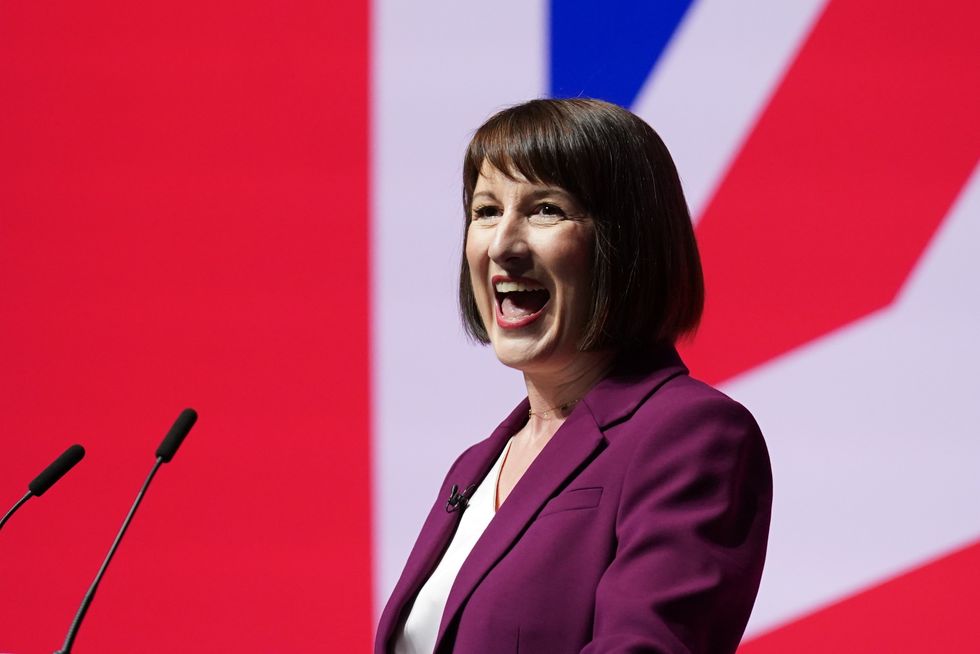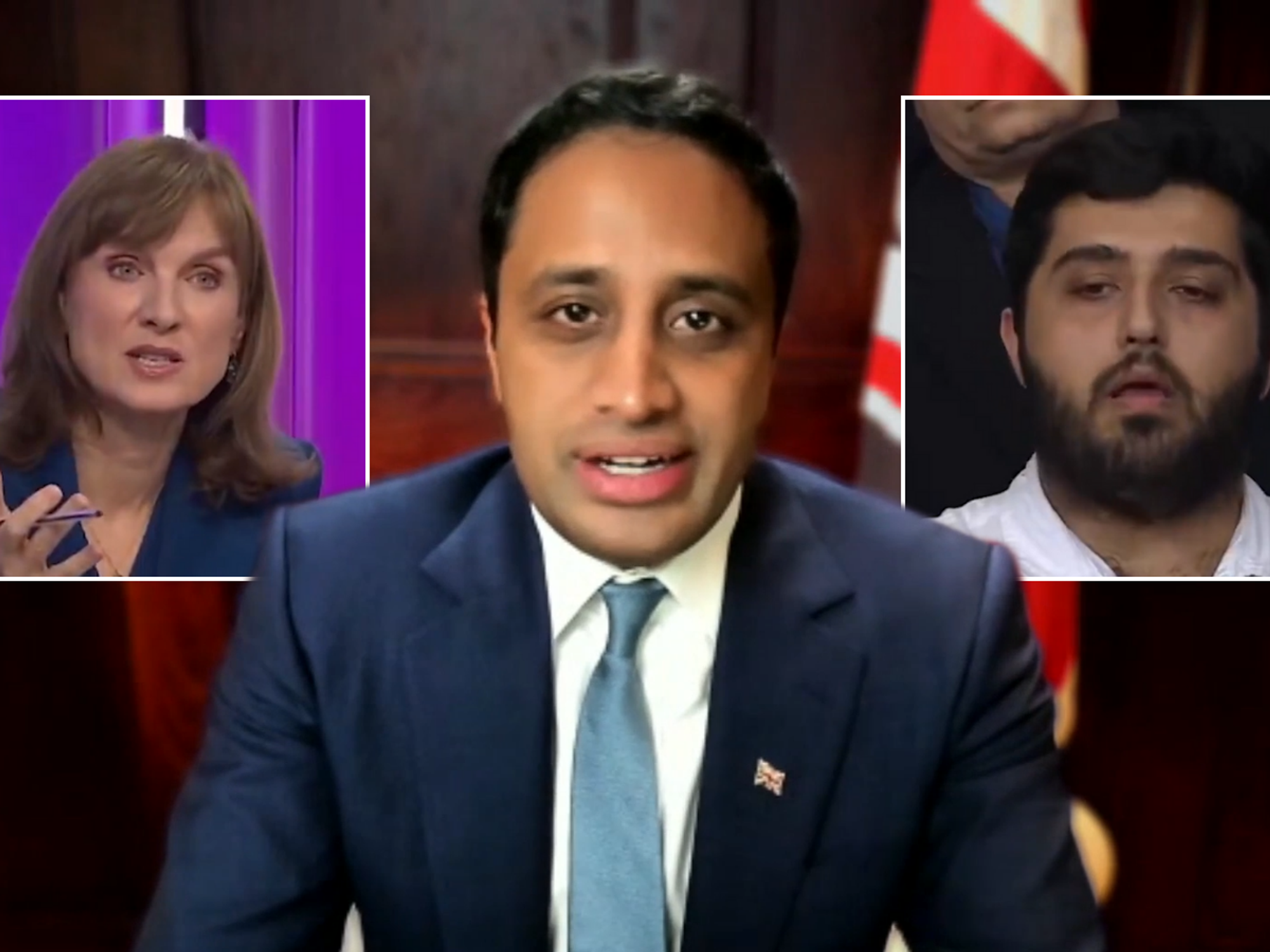Unemployment rate falls to 4% - but claims for DWP jobless benefits INCREASE

Britain's economy is showing further signs of recovery following the publication of the latest unemployment figures
Don't Miss
Most Read
Latest
The rate of unemployment dropped to four per cent in the three month to August 2024, according to the latest figures from the Office for National Statistics (ONS).
This represents a boon for the UK economy as prior forecasts had estimated unemployment coming in at 4.1 per cent.
Based on the ONS' latest report, the number of people claiming jobless benefits went up by 27,900 in September.
In comparison, claims for jobless benefits from the Department for Work and Pensions (DWP) jumped 23,700 in August, surpassing the expected 20,200 figure.
Over the three months to August, regular pay, excluding bonuses, went up at an annual pace of 4.9 per cent.
Despite this signalling an easing in pay growth, employee wags continue to increase faster than inflation.
Do you have a money story you’d like to share? Get in touch by emailing money@gbnews.uk.

Rachel Reeves is leading the charge to reform the economy
| PAOver the last quarter, the estimated number of vacancies in the UK fell by 34,000 to 841,000.
Vacancies plummeted on the quarter for the 27th consecutive period but remains higher than pre-Covid levels.
Despite unemployment falling at face value, analysts are warning that the job market is as "bleak as its ever been".
Speaking to Newspage, experts broke down what Britons should gather from the latest ONS figures.
Kate Underwood, managing and HR Director at Kate Underwood HR and Training , explained: "As an HR consultant, I’m seeing growing concern among employers about the upcoming Budget, especially in light of the proposed Employment Rights Bill.
"Many small businesses are hesitant to make significant hiring decisions until they know what financial pressures they’ll be facing. The potential for increased statutory costs, like expanded sick pay and parental leave, alongside new regulations, could have a big impact on their ability to manage budgets effectively.
"Employers are understandably cautious, waiting to see if the Budget provides any relief or additional support to offset these increased obligations. With the combined weight of new employment regulations and financial uncertainty, many are taking a "wait-and-see" approach, putting recruitment plans on hold.
"The Government needs to carefully balance worker protections with practical support for businesses, or we risk stalling job growth at a critical time for the economy."
LATEST DEVELOPMENTS:

Despite the economy growing, analysts are war
| GETTYKen Brotherston, CEO at TALiNT Partners, added: "The current jobs market is as bleak as I have ever seen it and there is no clear end in sight. The combination of sluggish growth and political uncertainty mean that most employers are not hiring unless they really have to.
"There are certainly some sectors and jobs where the outlook is more positive but, overall, it is very challenging. As the economy strenghtens most people would hope to see an improvement, but in 2025 we will start to feel the impact of AI on the jobs market.
Matthew Knight, an independent strategist and freelancing advocate at Matthew Knight, said: "We're still seeing many freelancers really struggling to find work.
"Where projects are available, day rates are depressed and contracts are often 'zero-rights employment', i.e. asking individuals to work like an employee or inside IR35 by defining their working hours and location, but not providing employee rights, such as sick pay or holiday pay. IPSE data shows the average freelancing day rates are down by almost £100, and we expect a long hard winter for many freelancers and small businesses."
Work and Pensions Secretary, Liz Kendall MP said: "To get Britain growing again we need to get Britain working again. Millions of people are locked out of work due to long term sickness. This is not good for them, for our economy or for the taxpayer.
"That’s why we will bring forward the biggest reforms to employment support in a generation – overhauling jobcentres, delivering a Youth guarantee so every young person is learning or earning, and new work, health and skills plans to tackle inactivity – unlocking opportunity and potential in every area of the country."










